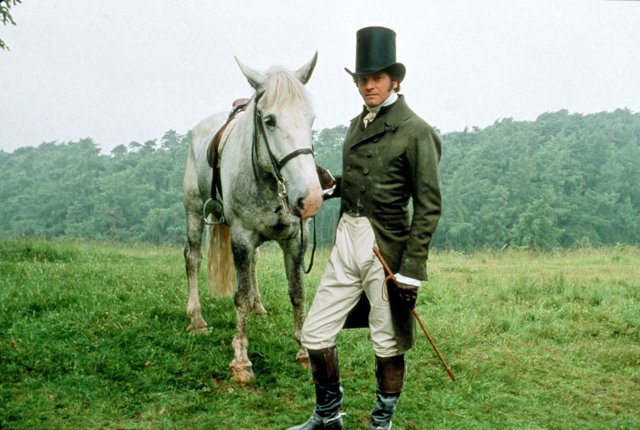Writing
Erick DuPree’s blog explores the intersections of anthropology, literature, and material culture to illuminate how identity, ritual, and meaning take shape across time and tradition. Blending scholarship with storytelling, these essays invite readers to engage critically and imaginatively with the cultural forces that shape both personal and collective experience.
Social Satire to Sentimental Myth: How the Romance Genre Distorted Jane Austen
Modern romance has rewritten Jane Austen, trading social critique for fantasy. Learn how Austen’s sharp insights on power, gender, and survival were lost in the myth of “happily ever after.”
Jane Austen’s Gentlemen: Masculinity and the Marriage Market in Regency England
Explore how Jane Austen's novels reveal the hidden politics of masculinity and marriage. Far from fairy tales, her stories expose the economic and social pressures shaping gender and courtship in Regency England.
What Exactly Does It Mean To Be “Man Enough?”
A personal essay exploring fatherlessness, gender norms, and queer identity—unpacking what it means to be “man enough” in a world that punishes softness and fetishizes masculinity.
Heathcliff: On Sadism, Consent, and the Gothic Male in Wuthering Heights
Explore the dark psychology of Heathcliff in Wuthering Heights through the lens of masculinity, sadism, and BDSM. This essay unpacks why cruelty is mistaken for love—and how the Gothic bad boy became an enduring, dangerous erotic fantasy.
Caged Beasts and Broken Gods: The Byronic Hero and the Erotics of Gothic Masculinity
Explore the Byronic hero of Gothic fiction—tortured, magnetic, and dangerously masculine. This essay unpacks how stoicism, pain, and emotional repression became eroticized traits, revealing the dark roots of masculine fantasy, dominance, and the myth of redemptive love.
Herman Melville’s Longing: Queer Desire and the Love That Dare Not Speak
Explore the queer undertones in Herman Melville’s Moby-Dick and his passionate bond with Nathaniel Hawthorne. This essay unpacks homoerotic longing, emotional repression, and how Melville’s fiction encodes same-sex desire in the language of obsession and the sublime.
The Rambo Myth: How America Turned a War Criminal into a Hero
Rambo began as a brutal critique of war but became a symbol of American exceptionalism and toxic masculinity. This essay exposes how Hollywood rewrote a war criminal into a hero—and what that says about our need for moral clarity and mythic manhood.
He-Man to Hypermasc: The Cultural Mythology of 1980s Boyhood
How 1980s icons like He-Man and G.I. Joe shaped hypermasculine ideals for boys—and how queer kids navigated shame, fantasy, and survival under the shadow of these powerful myths.
Masc for Masc? Desire, Discipline, and the Market of Queer Manhood
Commodifying masculinity- how dating apps reinforce norms, and shape desire in queer culture—unpacking the phrase “masc for masc” through an anthropological and critical lens.
Rebuilding Manhood: How Collecting GI Joe Helped Me Reclaim a Lost Identity
Exploring the cultural legacy of 1980s G.I. Joe and He-Man, this essay reveals how adult collectors reclaim these toys to redefine masculinity—shifting from domination to resilience, kindness, and vulnerability through the ritual of restoring childhood heroes.









